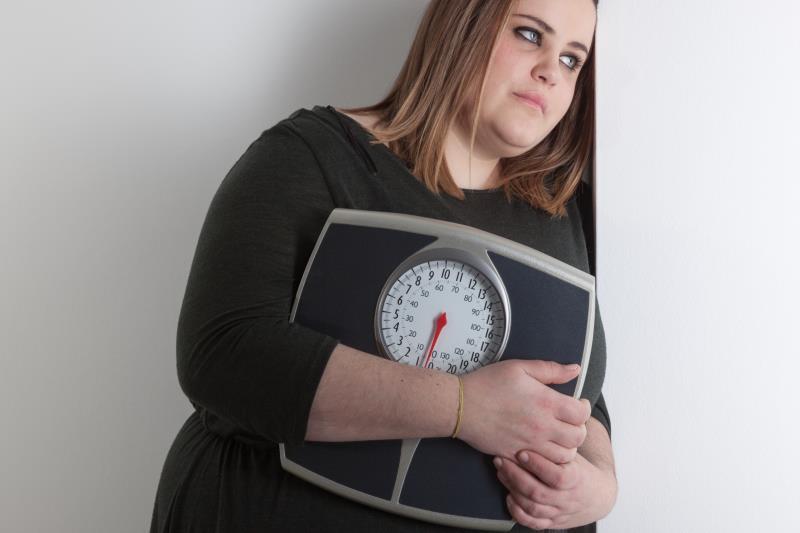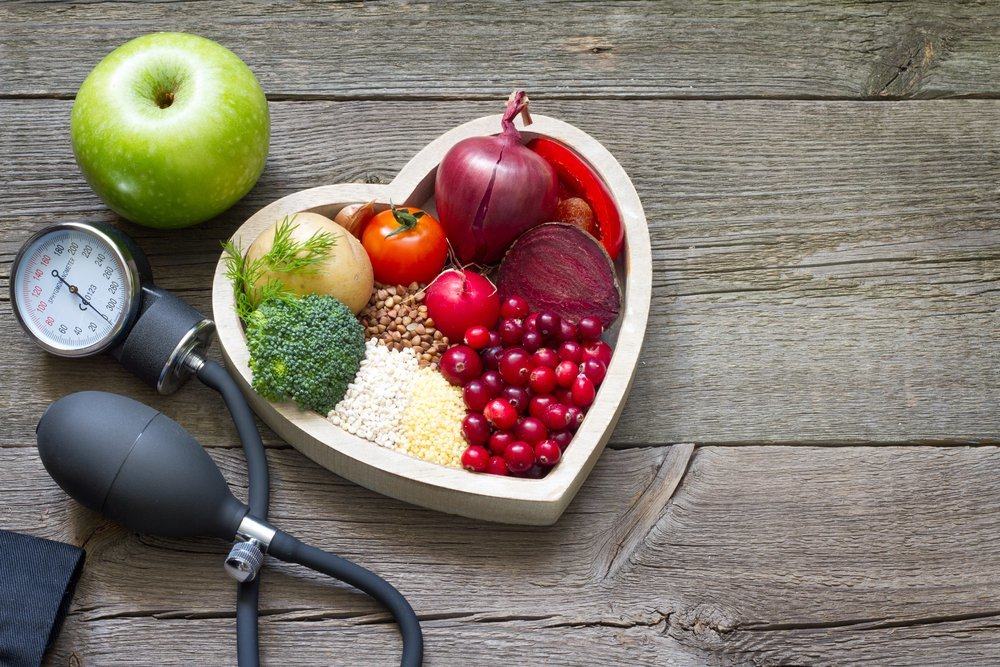Contents:
Medical Video: Tips for parents of picky eaters
When a child is two years old, your child must eat healthy food three times a day, plus one or two snacks. He can eat the same food as other family members eat. With better speaking skills and social skills, he will become active when eating together with other people. Don't get hung up on the amount of food a child must eat and never force it. Do healthy eating habits and provide healthy food choices for all family members. Eating with family is the beginning of good eating habits.
Fortunately, your child is becoming more skilled now. At the age of two, he can use a spoon and drink from a cup with only one hand and feed himself with a variety of foods using his fingers. Even though he can eat properly, he still needs to learn to chew and swallow efficiently, and can choke on food when he is in a hurry to continue playing. To avoid the risk of choking, the following foods that can clog your throat need to be avoided
- Sausage (unless sliced lengthwise, then cut into small pieces)
- Whole beans (especially peas)
- Lollipops, hard candy or gum
- Whole grapes
- A spoonful of peanut butter
- Whole raw carrots
- Whole cherries with seeds
- Raw celery
- Marshmallow
Ideally, make sure your child eats the following four basic food groups every day:
- Meat, fish, poultry, eggs
- Milk, cheese and other dairy products
- Fruits and vegetables
- Wheat cereals, potatoes, rice, flour products
Don't worry if he doesn't always meet his ideal food needs. Many preschoolers refuse to eat certain foods, or insist for a long time eating only one or two of their favorite foods. The more you force your child to eat, the more he will oppose you. As we stated earlier, if you routinely offer your child a variety of foods and let him choose his own food, over time he will eat a balanced diet. He may be more interested in healthy food if he can eat with his own hands. If possible, offer him foods that can be eaten by hand (for example, fresh fruits or raw or cooked vegetables other than carrots and celery), not soft foods that require a fork or spoon to eat.
Vitamin supplements (except vitamin D or iron) are rarely needed for preschoolers who eat varied foods. However, additional iron may be needed if your child eats a little meat, cereal, or vegetables that are rich in iron. But remember, drinking large amounts of milk (more than 960 ml per day) can interfere with iron absorption, increasing the risk of iron deficiency. Your child should drink 16 ounces (480 ml) of low fat milk or nonfat milk every day. This portion of milk will provide most of the calcium he needs for bone growth and does not interfere with his appetite for other foods, especially foods that contain iron.
A 400 IU vitamin D supplement per day is important for children exposed to irregular sunlight, consuming milk with a vitamin D content of less than 32 ounces per day, or not using a daily multivitamin supplement containing at least 400 IU of vitamin D. Amount of vitamin D this can prevent rickets.












